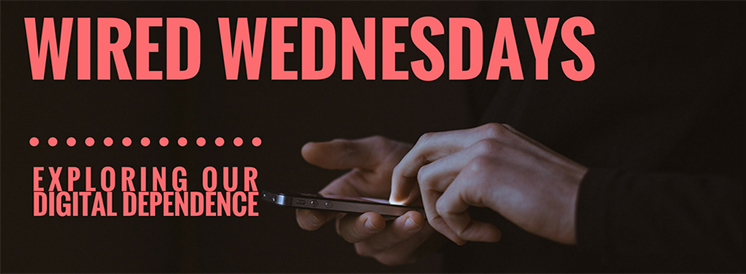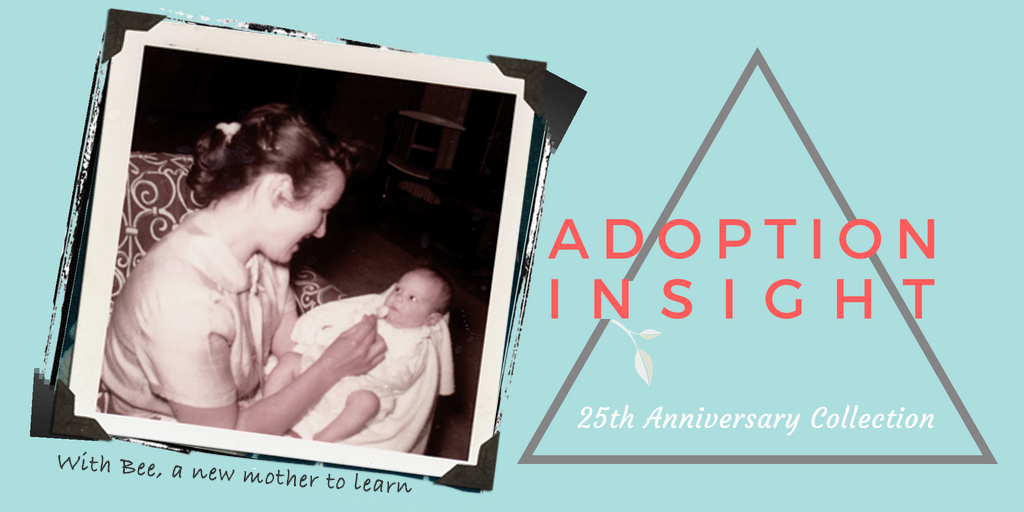
As a society we are rightly outraged by the separation of immigrant parents and children. That these children will suffer emotional wounds due to this separation, amidst such chaotic circumstances, is collectively, instinctively assumed. But where is the outrage—or even a drip of compassion—over the separation of mothers and babies in the case of adoption?
This glaring double standard regarding separation trauma was one of the forces that impelled Nancy Verrier to begin writing about this elephant in the room. You see, by the 1980s it was increasingly accepted by many progressive doctors and theorists that separation of mother and newborn was best avoided in general. But there was a cultural blind spot when it came to adoption!
[In case you’re new to this Adoption Insight 25th Anniversary situation, all year I’m reissuing my trove of adoption articles I wrote in the 90s. Usually I include a brief introduction and/or a bit of never-before-shared behind-the-scenes scoop on how it came to be. Today’s introduction is an article in itself… but you will in fact come to the original article below, “In Appreciation of The Primal Wound.”]
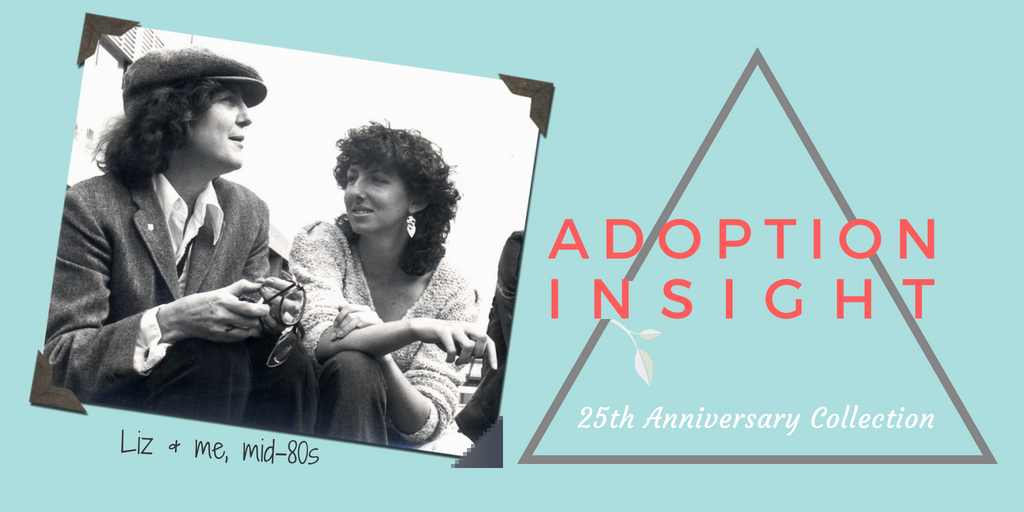
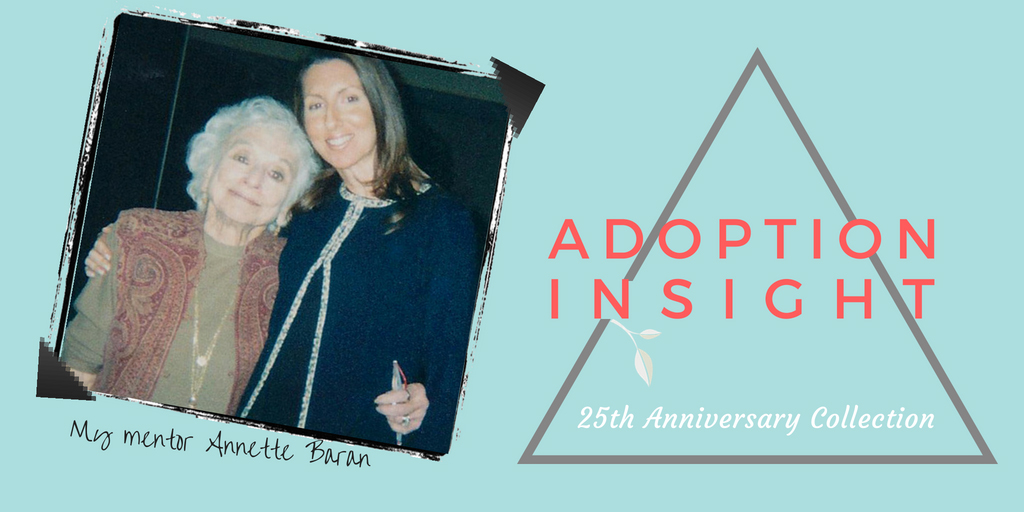
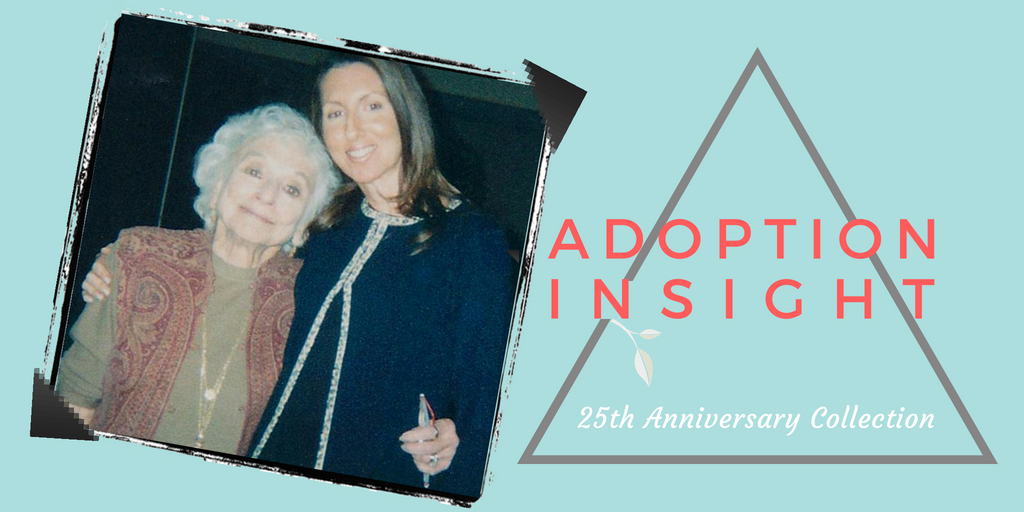

 Of the many aspects of our digital dependence I’ve been writing about for over a year now, the most troubling by far is device addiction. The entire online machinery is designed to foster device addiction in us, and–more troubling–in our children, whose developing neural landscapes are more vulnerable to being fundamentally shaped by engineered device addiction.
Of the many aspects of our digital dependence I’ve been writing about for over a year now, the most troubling by far is device addiction. The entire online machinery is designed to foster device addiction in us, and–more troubling–in our children, whose developing neural landscapes are more vulnerable to being fundamentally shaped by engineered device addiction.

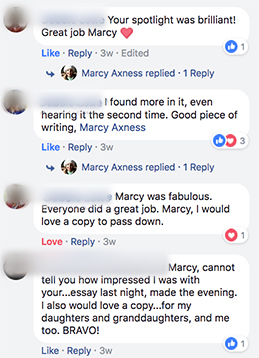 I’ve been burying the lead, as they say, for some months now: I have joined the faculty of New Earth University, an international community that brings together creative curriculum, conscious collaboration and meaningful resources into a gorgeous, paradigm-shifting learning model.
I’ve been burying the lead, as they say, for some months now: I have joined the faculty of New Earth University, an international community that brings together creative curriculum, conscious collaboration and meaningful resources into a gorgeous, paradigm-shifting learning model.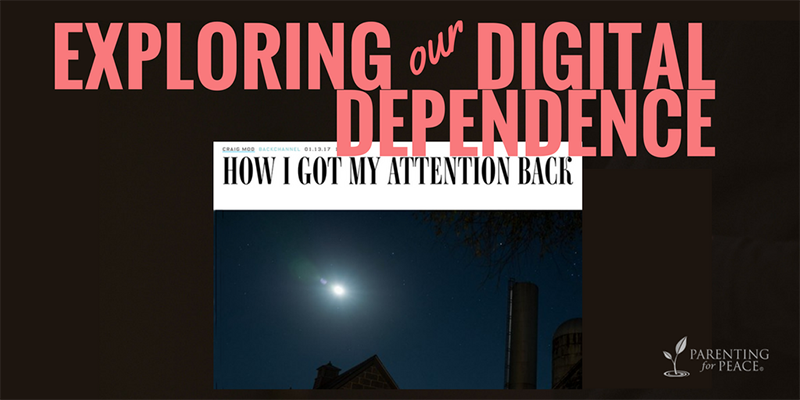

 Creeping along a clogged-up patch of the 101 freeway on a recent trip to Los Angeles, I was gob-smacked to see how many drivers around me were flagrantly texting – nothing covert or sneaky about it! Phones were right up in front of their faces, and apparently their one free hand — or maybe a knee — was steering.
Creeping along a clogged-up patch of the 101 freeway on a recent trip to Los Angeles, I was gob-smacked to see how many drivers around me were flagrantly texting – nothing covert or sneaky about it! Phones were right up in front of their faces, and apparently their one free hand — or maybe a knee — was steering. In the remote forest community where I live, none of those mitigating circumstances apply on the 2-lane mountain highway we all must drive to go anywhere. To the left is a particularly infamous little section called The S-Curves. But in reality, the entire road out of our village features continuous blind curves and therefore solid double yellow lines all the way.
In the remote forest community where I live, none of those mitigating circumstances apply on the 2-lane mountain highway we all must drive to go anywhere. To the left is a particularly infamous little section called The S-Curves. But in reality, the entire road out of our village features continuous blind curves and therefore solid double yellow lines all the way.